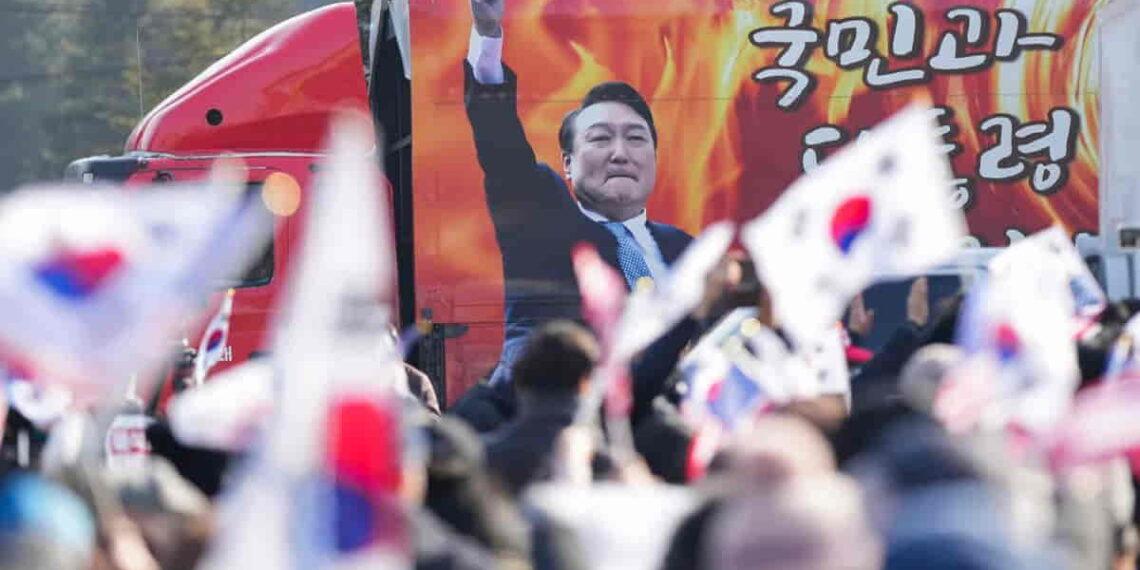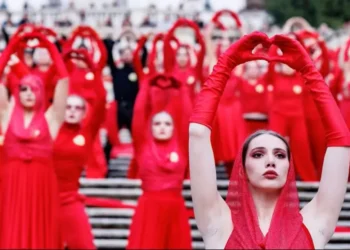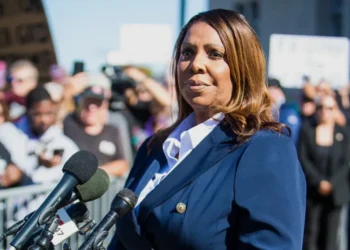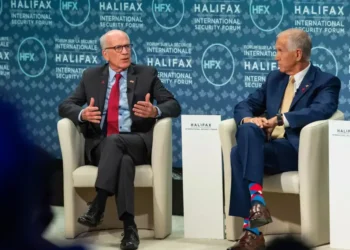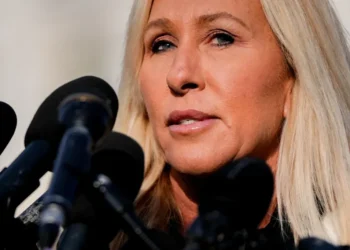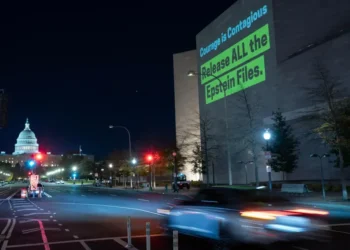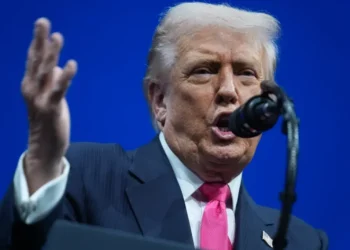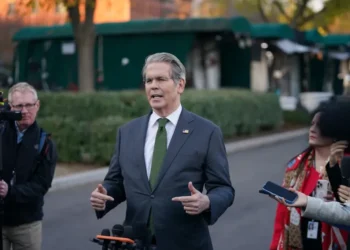Impeached South Korean President to Appear in Court to Challenge Arrest
South Korea’s impeached president, Yoon, is set to appear in a Seoul court on Saturday to challenge a request for his formal arrest following his declaration of martial law last month. Yoon’s lawyers confirmed the hearing, where he will argue against the arrest warrant over charges related to rebellion and abuse of power.
Martial Law Declaration Sparks Political Crisis
Yoon has been in detention since his arrest on Wednesday, following a large-scale law enforcement operation at his residence. The charges stem from his controversial decision to impose martial law on December 3, a move that sparked the country’s most serious political crisis since democratization in the late 1980s.
Investigation and Arrest Request
The Corruption Investigation Office for High-Ranking Officials, working alongside police and the military, has requested the Seoul Western District Court to issue a warrant for Yoon’s formal arrest. The investigation is focused on potential rebellion charges related to Yoon’s imposition of military rule, which included sending troops to the National Assembly and election offices in a bid to break a legislative gridlock.
Court Hearing and Arguments
Yoon’s legal team plans to argue that his decree was a legitimate exercise of presidential power and that charges of rebellion are unfounded. His lawyer, Yoon Kab-keun, stated that the president intends to defend his actions both in the criminal court and in the ongoing Constitutional Court proceedings, which are reviewing whether to formally remove him from office or reinstate him.
The court hearing, scheduled for 2 p.m., will determine whether Yoon will be arrested. A decision is expected by late Saturday or early Sunday.
Public Support and Rally
Hundreds of Yoon’s supporters gathered at the court overnight, demanding his release. These protests reflect the political tensions surrounding Yoon’s actions and his controversial leadership during the crisis.
Possible Extended Detention
If the court grants the arrest request, investigators can extend Yoon’s detention for up to 20 days. After this period, the case would be transferred to public prosecutors for indictment. If the court rejects the request, Yoon will be released and return to his residence.
Other Arrests Linked to Martial Law
Nine individuals, including key figures in Yoon’s government—his defense minister, police chief, and top military commanders—have already been arrested and indicted for their roles in enforcing martial law.
Impact of Impeachment and Legal Challenges
The political crisis began when Yoon, attempting to overcome legislative blockages, declared martial law. The move quickly faced opposition, and the National Assembly voted to impeach him on December 14. If Yoon is formally arrested, it could lead to prolonged custody, potentially lasting months.
Should prosecutors move forward with charges of rebellion and abuse of power, Yoon could be detained for up to six months before trial. Under South Korean law, rebellion carries severe penalties, including life imprisonment or the death penalty.
Defense Team’s Position
Yoon’s lawyers argue that there is no need for his detention during the investigation, asserting that he does not pose a flight risk or threat to destroy evidence. However, investigators counter that Yoon has defied multiple requests to appear for questioning, and the presidential security service prevented his detention on January 3. This has raised concerns about his willingness to comply with future legal proceedings if he remains free.
As the court hearing approaches, the outcome of this case will play a critical role in determining the future of South Korea’s political landscape and Yoon’s legal fate.
Source
This article was rewritten by JournosNews.com based on verified reporting from trusted sources. The content has been independently reviewed, fact-checked, and edited for accuracy, neutrality, tone, and global readability in accordance with Google News and AdSense standards.
All opinions, quotes, or statements from contributors, experts, or sourced organizations do not necessarily reflect the views of JournosNews.com. JournosNews.com maintains full editorial independence from any external funders, sponsors, or organizations.
Stay informed with JournosNews.com — your trusted source for verified global reporting and in-depth analysis. Follow us on Google News, BlueSky, and X for real-time updates.
